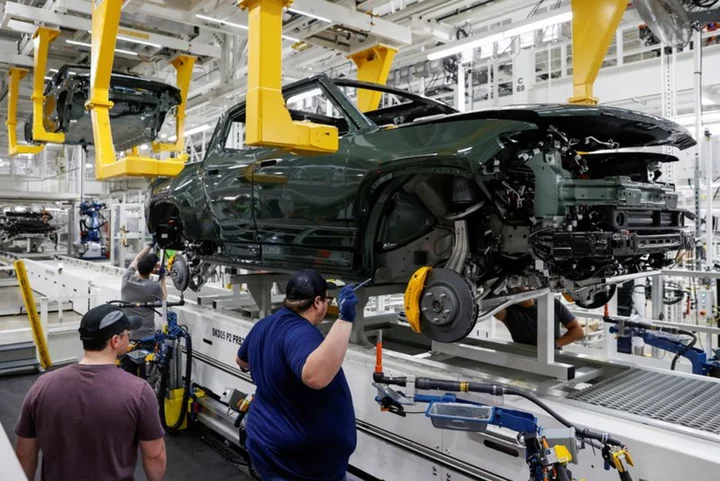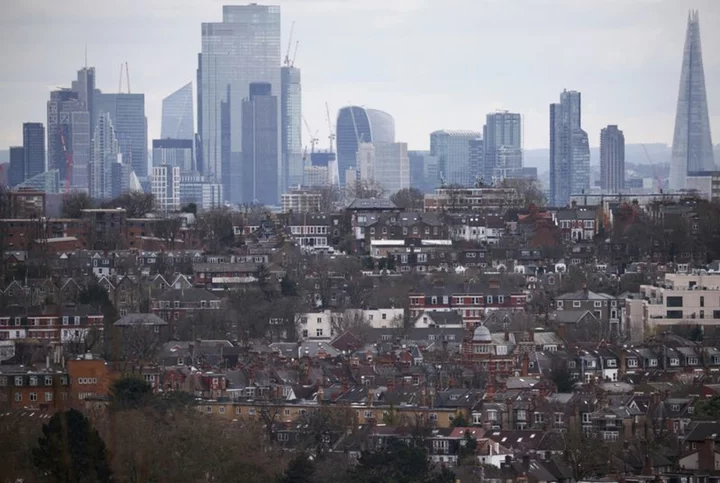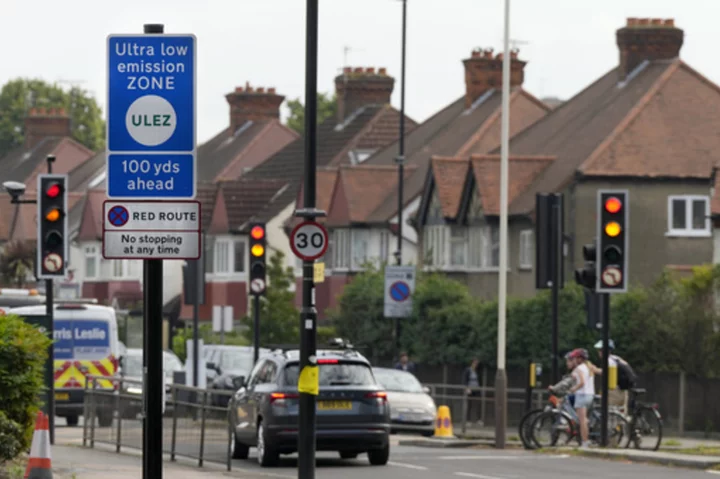WASHINGTON U.S. manufacturing remained subdued in November, according to a survey on Friday that also showed factory employment declining.
The Institute for Supply Management (ISM) said that its manufacturing PMI was unchanged at 46.7 last month. It was the 13th consecutive month that the PMI stayed below 50, which indicates contraction in manufacturing. That is the longest such stretch since the period from August 2000 to January 2002.
Economists polled by Reuters had forecast the index creeping up to 47.6. According to the ISM, a PMI reading below 48.7 over a period of time generally indicates a contraction of the overall economy. The economy, however, continues to expand, growing at a 5.2% annualized rate in the third quarter.
Though activity is expected to significantly slow down in the fourth quarter as higher interest rates crimp demand, most economists do not expect a recession next year.
So-called hard data have offered a mixed picture of manufacturing, which accounts for 11.1% of the economy. Orders for long-lasting manufactured goods are up strongly on a year-on-year basis, but factory production is down.
The ISM survey's forward-looking new orders sub-index rose to a still-weak 48.3 last month from 45.5 in October. Production at factories declined. Backlog orders continued to shrink.
But depressed inventories at factories and the low level of stocks being held by customers are a good omen.
Prices for factory inputs were subdued, though they were no longer falling at the pace seen in prior months. The survey's measure of prices paid by manufacturers increased to 49.9, the highest reading in seven months, from 45.1 in October.
The survey's measure of supplier deliveries fell to 46.2 from 47.7 in the prior month. A reading below 50 indicates faster deliveries.
Factory employment declined for a second straight month, likely reflecting weaker hiring and increased layoffs. In October, the ISM noted that "attrition, freezes and layoffs to reduce head counts increased during the period."
The survey's gauge of factory employment dropped to 45.8 last month from 46.8 in October. This measure has not been a reliable predictor of manufacturing payrolls in the government's closely watched employment report.
Manufacturing payrolls are expected to have rebounded in November as about 33,000 striking United Auto Workers union members returned to work. Factory payrolls dropped by 35,000 jobs in October.
Overall nonfarm payrolls are expected to have increased by 175,000 jobs last month after rising 150,000 in October, according to a preliminary Reuters survey of economists.
The government is scheduled to publish its closely watched employment report for November next Friday.
(Reporting by Lucia Mutikani; Editing by Chizu Nomiyama)









